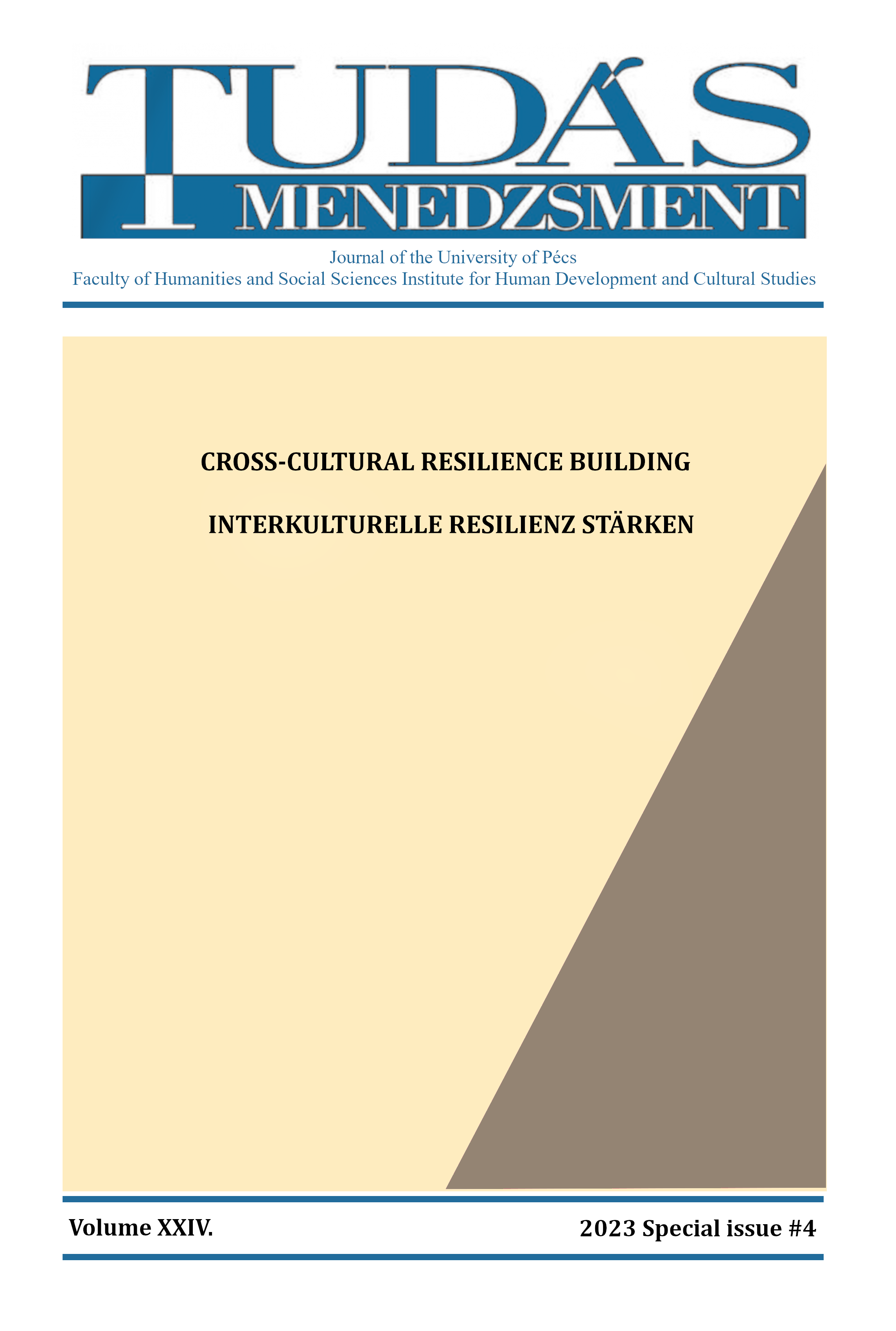Human rights as a fundamental pillar for building cross-cultural resilience of the international community in the 21st century
DOI:
https://doi.org/10.15170/TM.2023.24.K4.4Keywords:
human rights, Catholic social doctrine, freedom of citizensAbstract
We would like to contribute to an understanding of building Cross-cultural resilience by developing the concept of human rights from the perspective of Catholic social teaching in the 21st century, taking into account the ethics of society and the ethics of the individual members of that community. The bearer of these rights, every human being, was considered to have a single, identical common reason. This rational character initially coincided with the reason that governs all of nature and is manifested in its laws. Therefore, the norms of human rights, based on the rational character of nature, were also called universal, i.e., valid for all rational beings in the universe, because they coincided with cosmic laws.
Our study aims to deepen the understanding of this important topic for the eventual general acceptance of human rights issues. This is important in light of the theory that human rights are non-negotiable and are no longer just a question of ethics and morality, but of security and peace among international communities, e.g., to help Cross-cultural resilience building. The method used in our research is comparative and inductive.
The summary of our research should contribute to a better argumentation in promoting this agenda in major international institutions. This paper's theoretical and practical significance lies in clarifying the historical and current relationship between churches and civil societies on the issue of human dignity and human rights so that their understanding and recognition can positively impact the development of modern society's common good.


